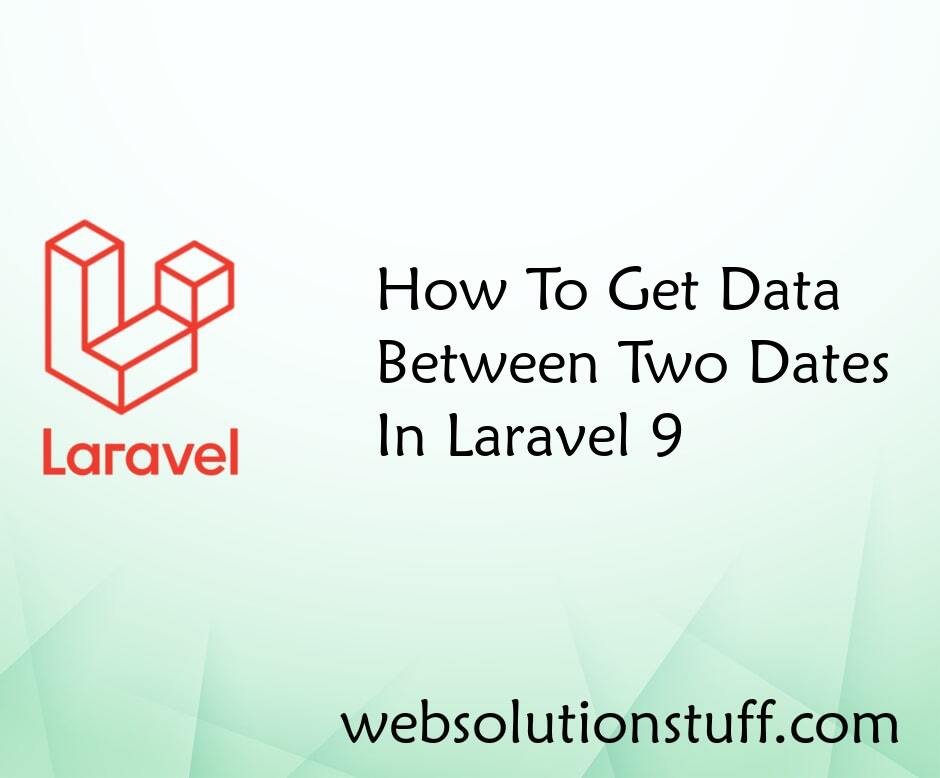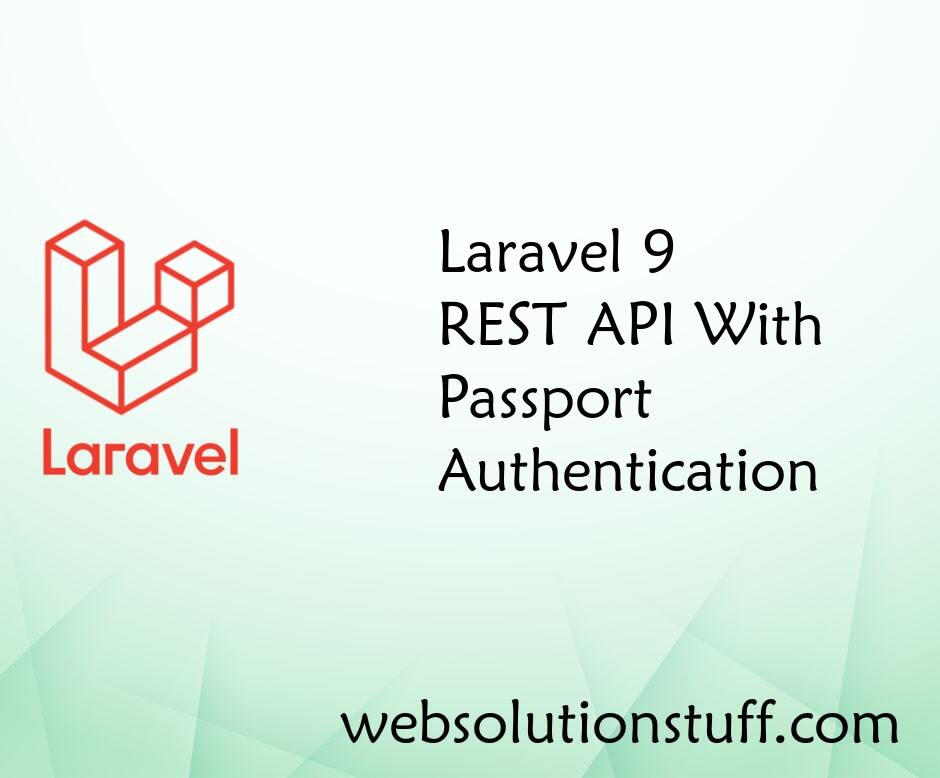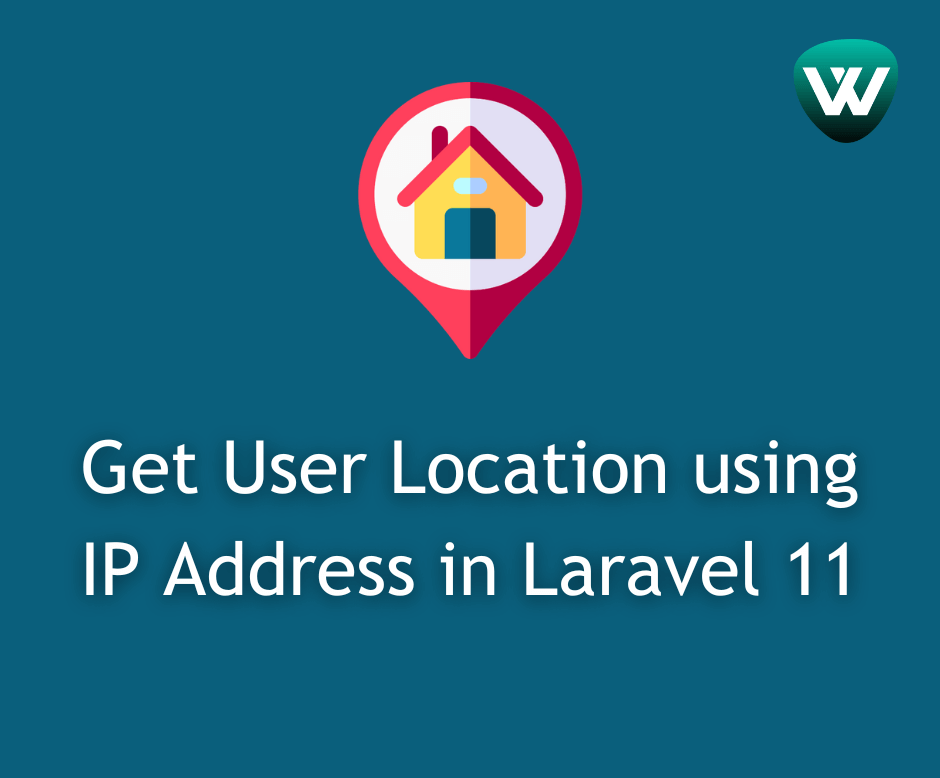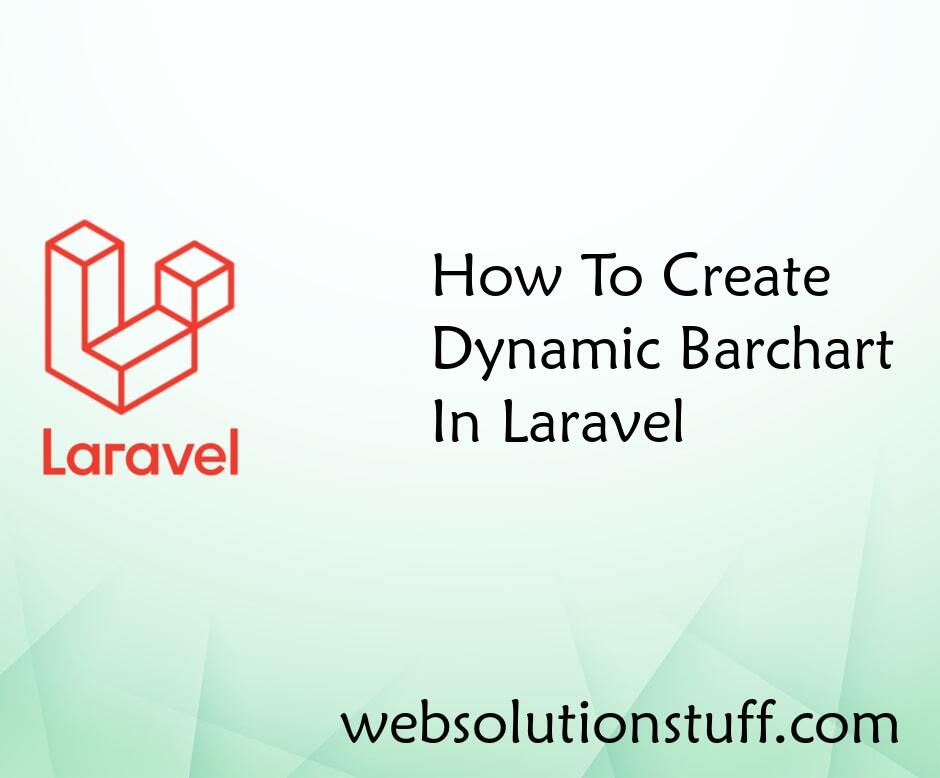How To Integrate Mailchimp API In Laravel 9
Websolutionstuff | Aug-01-2022 | Categories : Laravel
In this article, we will see how to integrate mailchimp API in laravel 9. Here we will learn how we can integrate Mailchimp API into our laravel 9 application. Mailchimp provides us manage subscribers, send emails by using campaigns and also track the email results, etc. By using Mailchimp we can track how many subscribers are open to email and read.
We will also use skovmand/mailchimp-laravel laravel package for mailchimp API in the laravel 9 application. A minimal service provider to set up and use the Mailchimp API v2 PHP library in Laravel.
So, let's see mailchimp integration in laravel 9 or laravel 9 mailchimp API integration.
In this step, we will create a new account from here: Create New Account. You have to create a new list, click on Lists on the menu and create a new list. After creating successful lists then select your list, go to settings->List name and defaults and copy your list id, we will use it on API.
Now, we can get API Key so click here and get the API key: API Key
Open your .env file and paste it in the .env file.
APP_ENV=local
APP_DEBUG=true
APP_KEY=
DB_HOST=127.0.0.1
DB_DATABASE=websolution
DB_USERNAME=root
DB_PASSWORD=root
MAILCHIMP_APIKEY=your_mailchimp_api_key
MAILCHIMP_LIST_ID=your_mailchimp_list_id
Now, will install mailchimp package using the composer command.
composer require skovmand/mailchimp-laravel
After installing mailchimp, we will install the news-letter package using the composer command.
composer require spatie/laravel-newsletter
To publish the config file to config/newsletter.php run:
php artisan vendor:publish --provider="Spatie\Newsletter\NewsletterServiceProvider"
In this step, we will use mailchimp API key and list ID in the config/newsletter.php file
<?php
return [
/*
* The driver to use to interact with MailChimp API.
* You may use "log" or "null" to prevent calling the
* API directly from your environment.
*/
'driver' => env('MAILCHIMP_DRIVER', 'api'),
/*
* The API key of a MailChimp account. You can find yours at
* https://us10.admin.mailchimp.com/account/api-key-popup/.
*/
'apiKey' => env('MAILCHIMP_APIKEY'),
/*
* The listName to use when no listName has been specified in a method.
*/
'defaultListName' => 'subscribers',
/*
* Here you can define properties of the lists.
*/
'lists' => [
/*
* This key is used to identify this list. It can be used
* as the listName parameter provided in the various methods.
*
* You can set it to any string you want and you can add
* as many lists as you want.
*/
'subscribers' => [
/*
* A MailChimp list id. Check the MailChimp docs if you don't know
* how to get this value:
* http://kb.mailchimp.com/lists/managing-subscribers/find-your-list-id.
*/
'id' => env('MAILCHIMP_LIST_ID'),
/*
* The GDPR marketing permissions of this audience.
* You can get a list of your permissions with this command: "php artisan newsletter:permissions"
*/
'marketing_permissions' => [
// 'email' => '',
// 'customized_online_advertising' => '',
],
],
],
/*
* If you're having trouble with https connections, set this to false.
*/
'ssl' => true,
];
Now, we will create a controller using the below command.
php artisan make:controller NewsletterController
And add the following code to the controller.
<?php
namespace App\Http\Controllers;
use Illuminate\Http\Request;
use Newsletter;
class NewsletterController extends Controller
{
public function create()
{
return view('newsletter');
}
public function store(Request $request)
{
if (!Newsletter::isSubscribed($request->email) )
{
Newsletter::subscribePending($request->email);
return redirect('newsletter')->with('success', 'Thanks For Subscribe');
}
return redirect('newsletter')->with('failure', 'Sorry! You have already subscribed ');
}}
In this step, we will create a blade file for view display.
resources/views/newsletter.blade.php
@extends('layouts.app')
@section('content')
<h2 class="text-center">How To Integrate Mailchimp API In Laravel 9 - Websolutionstuff</h2>
<div class="container">
@if ($message = Session::get('success'))
<div class="alert alert-success alert-block">
<button type="button" class="close" data-dismiss="alert">×</button>
<strong>{{ $message }}</strong>
</div>
@endif
@if ($message = Session::get('error'))
<div class="alert alert-danger alert-block">
<button type="button" class="close" data-dismiss="alert">×</button>
<strong>{{ $message }}</strong>
</div>
@endif
<div class="row">
<div class="col-md-5">
<div class="well">
{!! Form::open(array('route' => 'subscribe')) !!}
<div>
<h3 class="text-center">Subscribe Your Email</h3>
<input class="form-control" name="email" id="email" type="email" placeholder="Your Email" required>
<br/>
<div class="text-center">
<button class="btn btn-info btn-lg" type="submit">Subscribe</button>
</div>
</div>
{!! Form::close() !!}
</div>
</div>
</div>
@endsection
Add route in web.php file
Route::get('newsletter','NewsletterController@create');
Route::post('newsletter','NewsletterController@store');
You might also like:
- Read Also: Laravel 9 Socialite Login with Google Account
- Read Also: Laravel 9 Many To Many Relationship Example
- Read Also: Laravel 9 Create Middleware For XSS Protection
- Read Also: Laravel 9 Multiple Authentication Using Middleware
Recommended Post
Featured Post

How To Get Data Between Two Da...
In this article, we will see how to get data between two dates in laravel 9. Here we will learn how to count d...
Dec-19-2022

Laravel 9 REST API With Passpo...
In this article, we will see an example of laravel 9 REST API with passport authentication. Also, perform CRUD...
Mar-13-2022

Get User Location using IP Add...
Hello developers! In this article, we'll see how to get user location using an IP address in laravel 11. Here,...
May-01-2024

How To Create Dynamic Bar Char...
In this article, we will show you how to create a dynamic bar chart in laravel. charts are used to represent data i...
Jul-01-2020